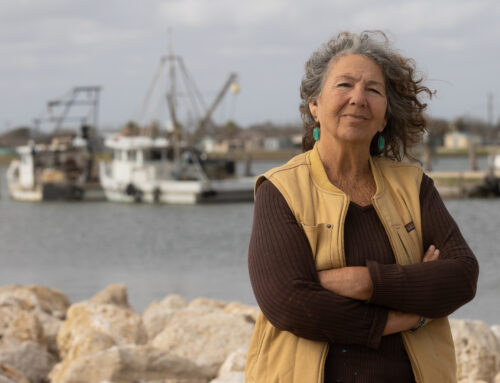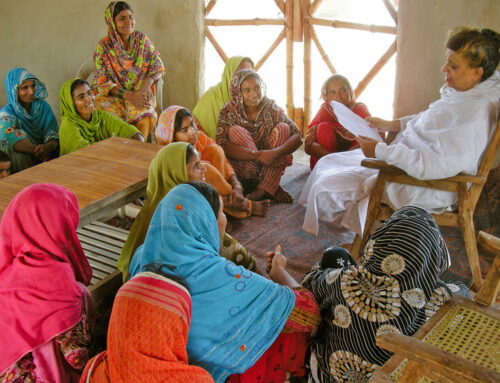Waste, pollution, and the rising demand for water by an estimated 5 billion people by 2030 is placing stress on urban water infrastructure, resulting in health and economic impacts particularly felt by urban poor and marginalized communities. Urban centers in developing countries, where women and girls are the primary water resources managers, are already being hit hardest by water stress. Drawing on studies which find that water projects involving women are transparent and equitable, increasing the number of women working in the urban water sector will help solve challenges related to design, distribution, operation, and maintenance of water systems.







